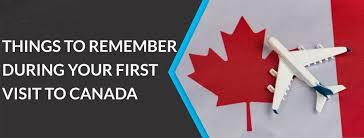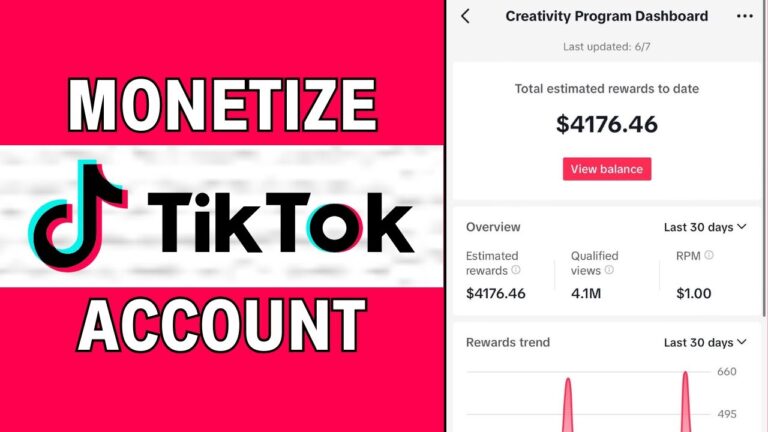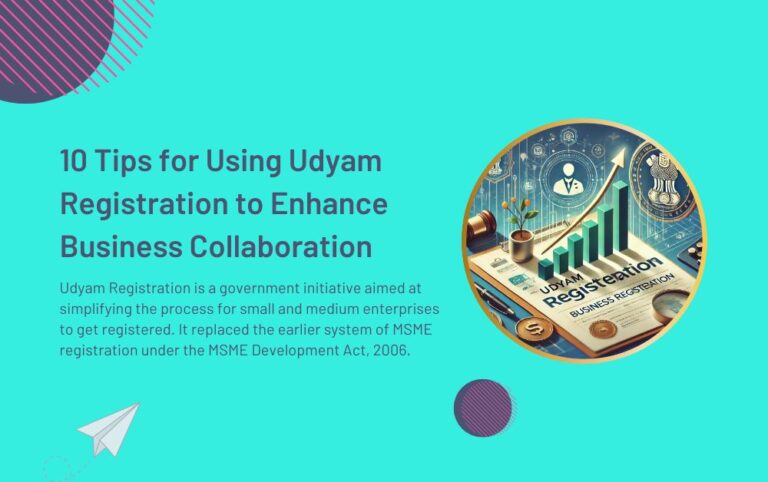In today’s digital landscape, standing out in search engine results pages (SERPs) has become crucial for businesses to attract customers and increase online visibility. Search Engine Optimization (SEO) services play a pivotal role in improving SERP rankings, driving traffic, and enhancing brand presence. With the right SEO strategies, you can optimize your website to achieve top rankings, increase organic traffic, and, ultimately, grow your business.
This article will guide you through proven techniques to boost your SERP SEO services and help your business thrive in the competitive online space.
Understanding SERP and SEO Services
Search Engine Results Pages (SERPs) refer to the pages displayed by search engines in response to a user’s query. SERP ranking is influenced by a variety of factors, including keyword relevance, website quality, content optimization, and backlinks. SEO services are strategies designed to improve a website’s visibility and ranking on these pages, with the goal of appearing on the first page, ideally in one of the top three positions.
SEO services include both on-page and off-page optimization techniques. On-page SEO focuses on optimizing elements on your website, such as content, meta tags, and internal linking, while off-page SEO involves tactics like building backlinks, enhancing domain authority, and increasing brand mentions.
Now, let’s explore how you can improve your SERP SEO services to maximize results for your business.
The Importance of Keyword Research
Keywords are the foundation of SEO. Conducting thorough keyword research allows you to understand what terms your target audience is searching for, enabling you to optimize your website to match their intent. The key to success in SEO is choosing the right keywords—those that are not only relevant to your business but also have a balance of search volume and competition.
To improve your SERP SEO services, use advanced tools like Google Keyword Planner, Ahrefs, or SEMrush to identify long-tail keywords and phrases that are specific and highly relevant to your business. Long-tail keywords often have lower competition but higher intent, making them easier to rank for and more likely to convert visitors into customers.
Tips for Effective Keyword Research:
- Focus on user intent: Understand whether your audience is seeking information, making a purchase, or looking for a service.
- Analyze competitors: Study what keywords your competitors are ranking for and identify any gaps you can exploit.
- Leverage local SEO: For businesses with a physical presence, optimize for location-based keywords to attract nearby customers.
On-Page Optimization Strategies
On-page SEO refers to the strategies applied directly on your website to improve its ranking. This includes optimizing content, improving website structure, and ensuring the technical aspects of SEO are properly addressed.
Optimize Meta Titles and Descriptions
Meta titles and descriptions are key elements of on-page SEO that play a significant role in your website’s SERP ranking. Your meta title should accurately reflect the content of your page while including relevant keywords. The meta description, though not directly affecting rankings, should be engaging and informative, as it influences click-through rates.
Create High-Quality Content
Content is king in SEO. Creating high-quality, valuable, and relevant content is critical to engaging users and keeping them on your site longer. Google’s algorithms prioritize content that provides answers to user queries, so ensure your content is comprehensive, easy to read, and well-structured.
Internal Linking
Internal linking helps search engines understand the structure of your website, which pages are most important, and how they relate to each other. Including internal links in your content helps distribute link equity and improves page authority, which can positively impact SERP rankings.
Optimize Images and Multimedia
Images and videos can enhance user experience, but they must be optimized properly. Large, uncompressed images can slow down your website, negatively affecting SEO. Use proper alt text for images, compress file sizes, and ensure that videos do not slow down page load times.
Tips for On-Page Optimization:
- Use H1, H2, and H3 tags effectively: These headers help structure your content and make it easier for search engines to understand.
- Maintain a fast-loading website: Website speed is a ranking factor, so ensure your website is optimized for performance.
- Mobile-friendliness: With Google’s mobile-first indexing, ensuring that your website is fully responsive and mobile-friendly is essential for good rankings.
Off-Page SEO: Building Backlinks and Authority
Off-page SEO refers to the actions taken outside your website to improve its SERP rankings. The most important factor here is building high-quality backlinks, as search engines view backlinks as votes of confidence in your content. The more authoritative the site linking back to yours, the more valuable the backlink.
Focus on Quality Backlinks
Quantity isn’t as important as quality when it comes to backlinks. A few backlinks from reputable and authoritative websites will have a much greater impact on your SERP ranking than numerous links from low-quality or irrelevant sources.
To earn quality backlinks, focus on creating shareable content, such as infographics, case studies, or thought leadership articles. You can also reach out to industry influencers or bloggers for guest posting opportunities.
Social Media Signals
Though not a direct ranking factor, social media can play a crucial role in SEO. Sharing your content on social media platforms increases its visibility, and if it gains traction, it can lead to more backlinks and increased traffic. Additionally, social signals indicate to search engines that your content is valuable and relevant.
Local SEO and Google My Business
For businesses with a physical location, optimizing for local SEO is essential. Ensure your Google My Business profile is complete and up-to-date with accurate information about your business. Encourage customers to leave reviews, as positive reviews can Boost Your Serp SEO Services visibility in local search results.
Tips for Off-Page SEO:
- Build relationships with other industry leaders for collaborative content creation and backlink opportunities.
- Use press releases and content marketing to gain exposure and earn backlinks from reputable media sources.
- Engage with customers and followers on social media to boost brand authority and increase visibility.
Technical SEO: Enhancing Website Performance
Technical SEO refers to the optimization of your website’s technical elements to ensure it is easily crawlable and indexable by search engines. This includes everything from your website’s code to its structure and security.
Mobile Optimization
Google’s mobile-first indexing means that your website must be optimized for mobile devices. If your site isn’t mobile-friendly, you risk losing rankings and traffic. A responsive design, fast loading times, and easy navigation on mobile devices are essential for good SEO.
Secure Your Website
Security is a key ranking factor for Google. Make sure your website is secure by using HTTPS encryption. Not only does this protect your users’ data, but it also signals to search engines that your site is trustworthy.
XML Sitemap and Robots.txt
An XML sitemap helps search engines crawl your site more effectively by providing a list of all the important pages. Meanwhile, a robots.txt file instructs search engines on which pages to crawl and index. Both of these are critical for technical SEO.
Fix Broken Links
Broken links can negatively impact user experience and cause your website to lose credibility with search engines. Regularly audit your website for broken links and fix them as soon as possible.
Tips for Technical SEO:
- Regularly update and maintain your website to ensure all plugins, themes, and code are functioning optimally.
- Use schema markup to improve your SERP appearance with rich snippets and structured data.
- Ensure that your website has an SSL certificate to boost security and trust.
Measuring and Monitoring SEO Performance
The final piece of boosting your SERP SEO services is monitoring your progress and making necessary adjustments. SEO is an ongoing process, and regular analysis helps you identify areas of improvement.
Use Analytics Tools
Google Analytics and Google Search Console are invaluable tools for tracking your website’s performance. Monitor key metrics like organic traffic, bounce rate, and conversions to assess how well your SEO strategies are working.
Regular SEO Audits
Conduct regular SEO audits to ensure your site is optimized for search engines. An audit can help you uncover issues like slow loading times, broken links, or unoptimized content that may be holding back your rankings.
Adjust Based on Data
Use the data from your analytics tools and SEO audits to refine your strategies. If certain keywords aren’t driving traffic, consider switching to alternatives. If your bounce rate is high, look at improving user experience and content relevance.
Conclusion
Boosting your SERP SEO services requires a comprehensive and multifaceted approach. By focusing on keyword research, on-page optimization, building high-quality backlinks, and ensuring technical SEO best practices, you can significantly improve your website’s SERP ranking. Moreover, continually monitoring and adjusting your strategies based on data will ensure long-term success in driving organic traffic and increasing your online presence.







